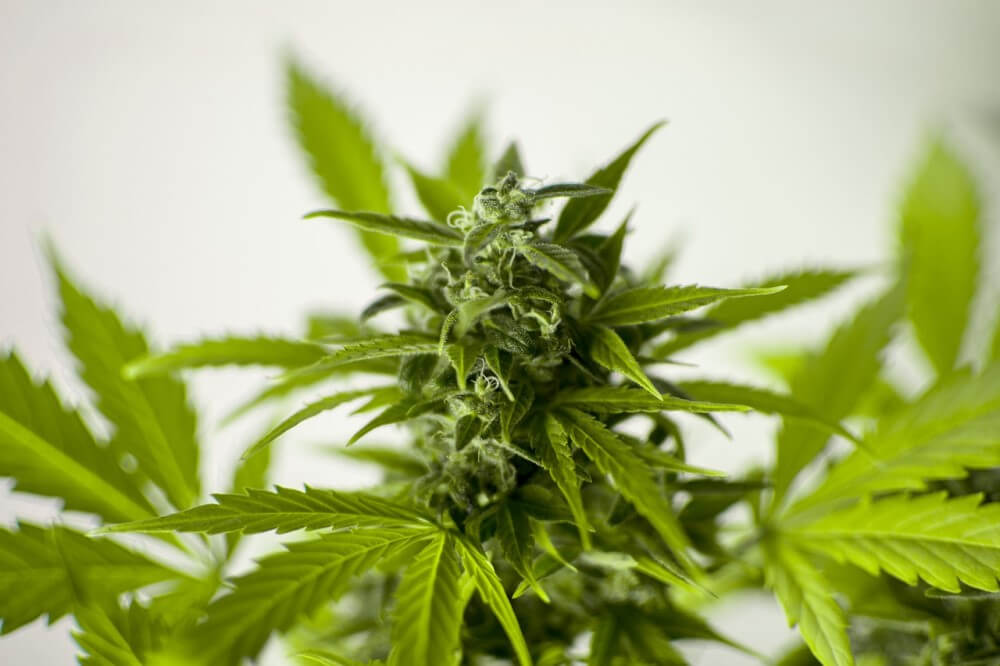How would the UK economy benefit from legalising cannabis?

59% of the UK population would support the legalisation of cannabis, a class B drug, with 75% of those asked saying they would be willing to take it if prescribed by a doctor, according to a recent study. In comparison to the 7.4 million tobacco smokers in the UK, that’s a staggering 38 million UK citizens who would support the legalisation of cannabis.
At a time of unprecedented uncertainty and ambiguous direction of a standalone UK economy, would there be any economic highs for legalising cannabis in the UK?
How much does the legal US cannabis industry make?
There’s no denying that cannabis legalisation would be a lucrative industry, with little problems of a lack of demand. There’s a vast existing and eager audience waiting for legal cannabis products in the UK. The black market in cannabis in the UK is worth £2.6bn annually, what would it look like if marijuana were legal?
The legal cannabis US market is worth an estimated $24.1bn, and since the legislation of cannabis in certain US states, many entrepreneurs have thrived in the legal marijuana industry, with venture capitalists benefiting from a joint involvement. The US cannabis industry has an extremely passionate workforce with more US workers employed by the American market than US dental hygienists.
From small start-ups offering a multitude of cannabis products and accessories, it seems like an obvious business venture for dope profits. Originally starting as a small start-up with four employees, Eaze offered medical marijuana delivery in California and their profits surpassed $52m. Green Bits is a sophisticated digital point-of-sale platform selling cannabis in the US and is worth $20m.
Clearly, there are opportunities in the cannabis industry to give businesses a platform to make big money.
Could London be the new Amsterdam?
The legalisation of cannabis in the UK could earn the UK plenty of money in increased tourism. In 2015, cannabis legalisation in Colorado made $2.6bn off of tourists attracted to the state for its offering of legal cannabis.
Amsterdam is a thriving tourist city, and one of the reasons it attracts tourists from across the world is due to them being able to get marijuana safely and legally, with countless cafes and stores openly offering cannabis to anyone over the age of 18. With a significantly lower crime rate than the UK, legalising cannabis could reduce crime and increase tourism, but is it possible for London to be the new cannabis hub of the UK?
Would legalising cannabis save the UK Government money?
The UK government currently spends over £1bn on resources and services devoted to the cannabis industry, including seizing illegal cannabis and prosecuting those involved in weed farms. A huge amount is allocated to treating cannabis users with health problems, which usually branches from low-quality weed that is heavily available on the UK streets.
Changing the UK cannabis laws could mean a huge amount of savings in public services, including the NHS and law enforcement agencies. It could also earn the treasury £1.4bn in extra taxes, enough to pay the salaries of midwives and ambulance staff across England.
Other benefits of legalising cannabis include encouraging more UK business success’ and promoting a wealth of new jobs. With many UK workers turning to the gig economy during a highly competitive employment period, is it high time for the UK government to make cannabis legal to benefit both businesses and the government?
Why is cannabis illegal in the UK?
Whilst there are many arguments as to why cannabis should be legal if the UK cannabis laws were to change, the novelty factor is likely to wear thin.
Side effects of marijuana use include heightened anxiety, risk of psychotic illness and hallucinations. Consequently, would the legalisation of cannabis create health potholes for the UK?
What are the consequences of legalising cannabis in the UK?
At face value, legalising cannabis can be argued as having apparent monetary advantages for the UK economy. But how would society deal with such a sudden change to the norms of cannabis use in the UK?
The intricate procedures of protecting the safety of cannabis production and transportation could be manipulated and it would take authority figures intense arrangements to design and implement a complex infrastructure for sourcing and selling cannabis legally in the UK.
Activists proclaim that the societal consequences of allowing cannabis use in the UK far outweigh the benefits it could bring. The legalisation of cannabis could result in increased crime, homelessness and youth drug use. It’s suggested that drug driving would instantaneously escalate. In the forecast, this could mean that although there could be savings for public services’ if it were to be legal, their duties would simply be required elsewhere for more concerning repercussions.
How would cannabis be advertised if it were legal?
If cannabis were to be legalised in the UK, how would the advertising regulation bodies assemble a safe advertisement procedure for the legal cannabis industry?
It’s likely that on the spectrum of contentious substances, cannabis advertising laws would be closer to tobacco advertising regulations than policies for alcohol. So, for those expecting to see the iconic green marijuana leaf emerging on the UK high streets, it is highly unlikely this would be permitted.
When will cannabis be legal in the UK?
The legalisation of cannabis is a highly debated topic that encompasses many considerations and factors.
With recent law changes allowing marijuana for certain medical cases in the UK, it is more probable that it may be permitted for more medical uses. In terms of the legality of cannabis for recreational use, it is unlikely at present that the UK will follow suit of countries across the pond, like Canada and certain states in America, in legalising cannabis.



